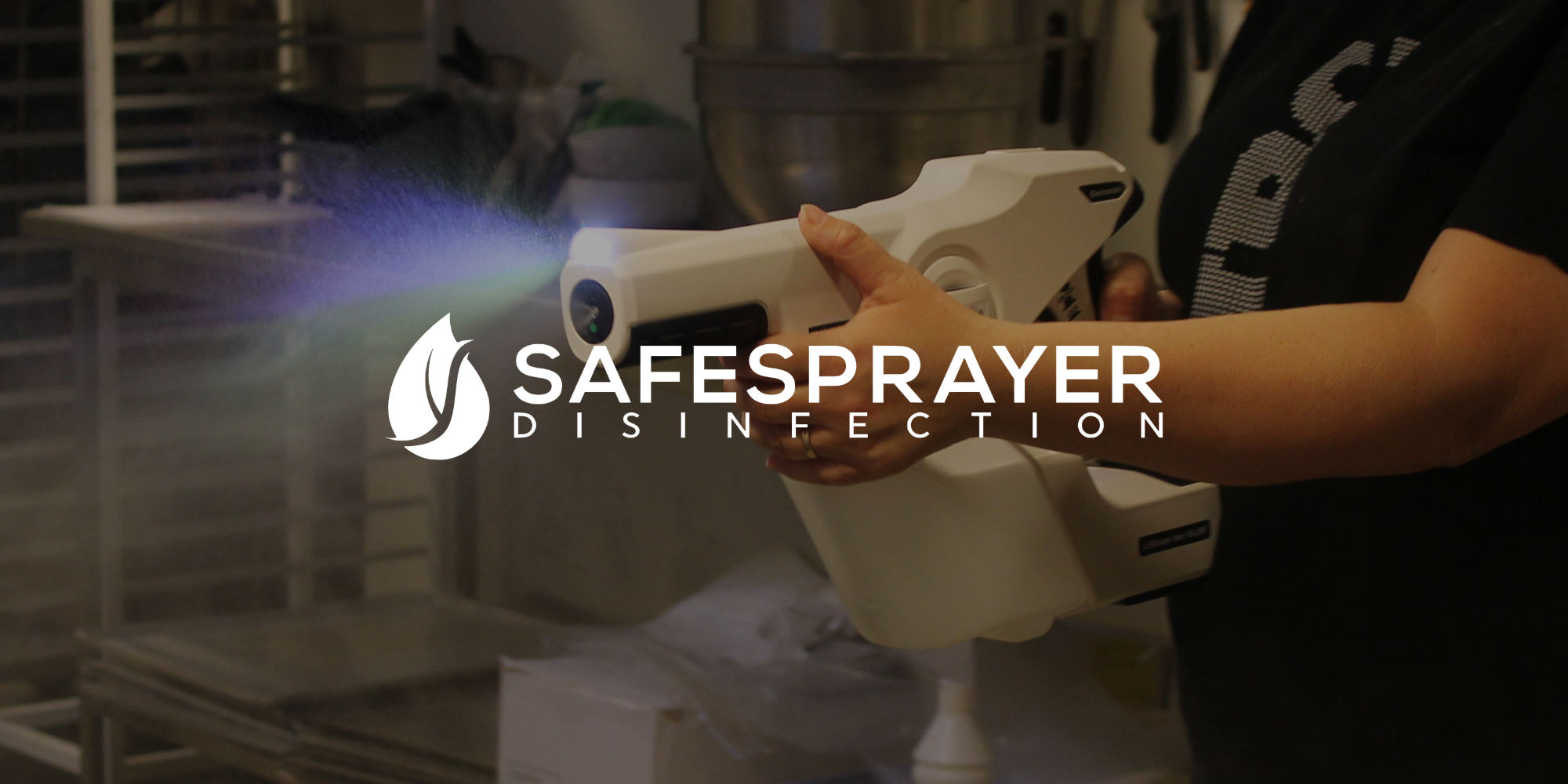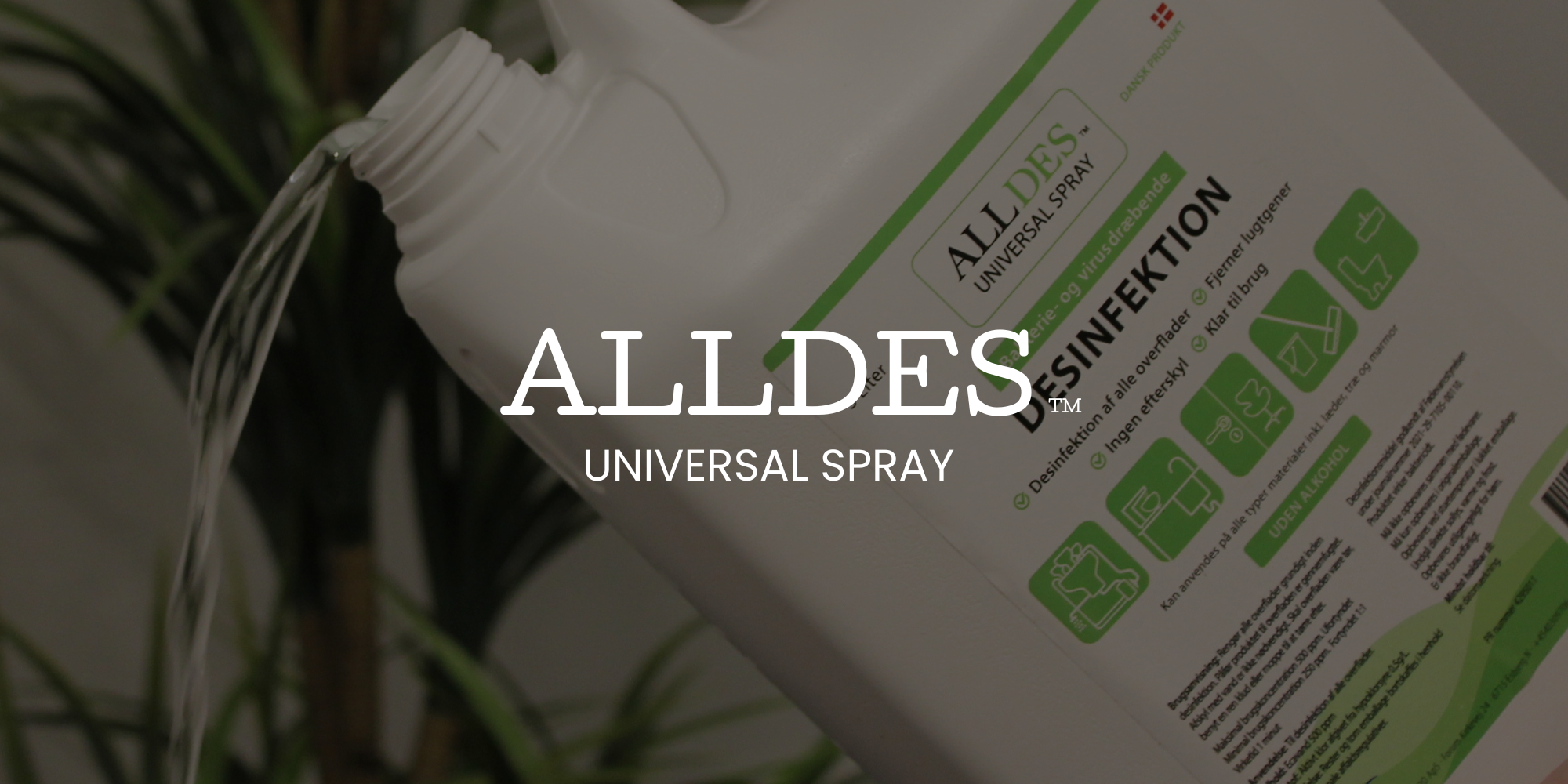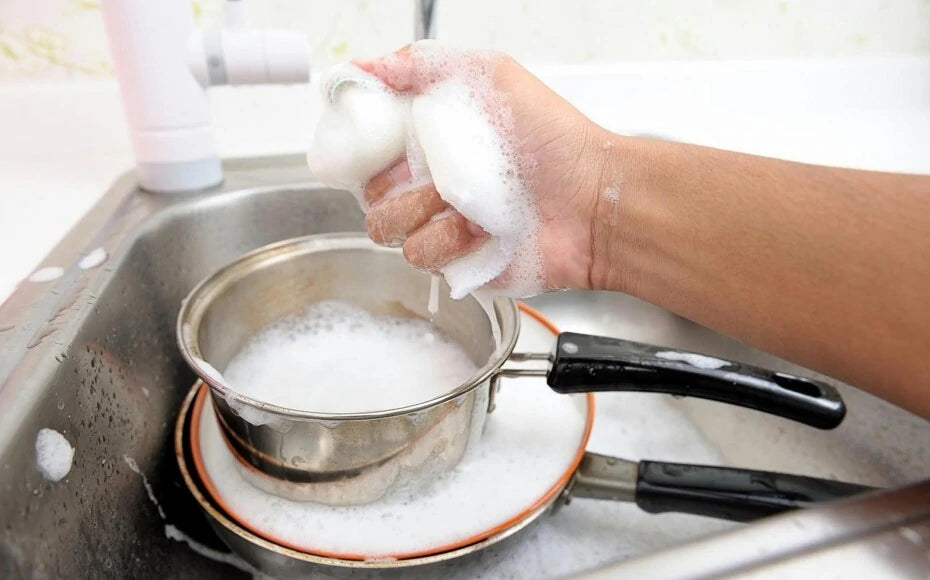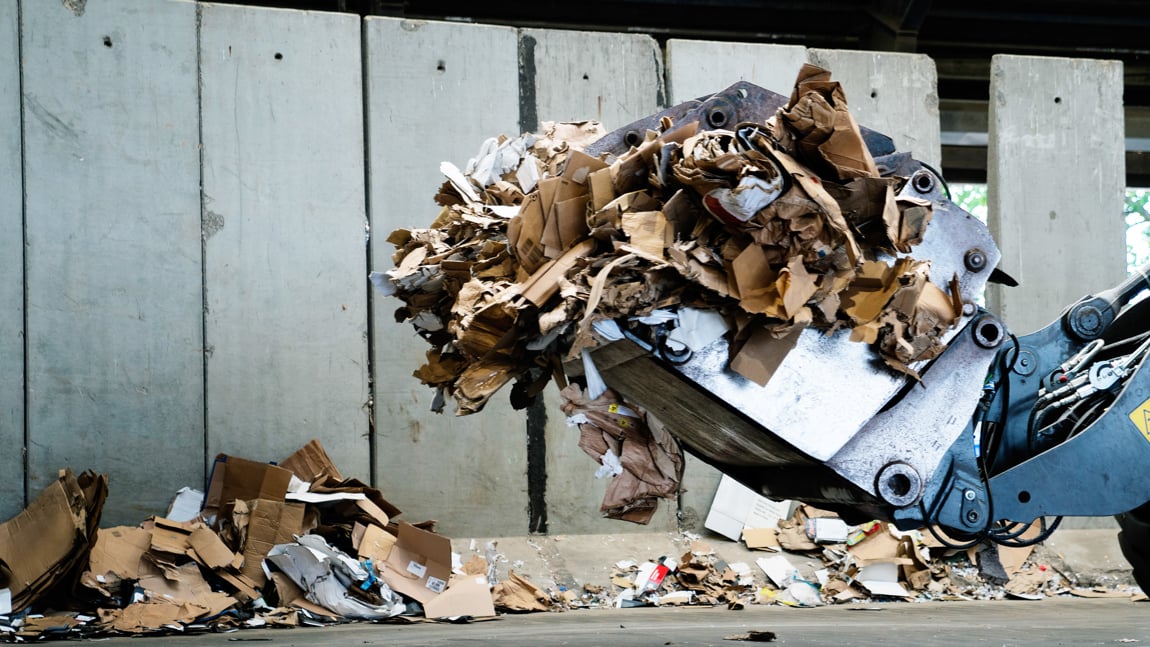In these times when hygiene is of utmost importance, it is crucial to know how to wash your hands properly to remove bacteria and viruses. Effective hand washing can be a simple but powerful way to protect yourself and others from disease. Here's a step-by-step guide to the best way to wash your hands:
Step 1: Apply water to the hands
Start by turning on the faucet and let the water run until it is comfortably warm. Wet your hands thoroughly under running water. It is important that the water is sufficiently hot, as it helps loosen dirt and dissolve the soap better.
Step 2: Apply soap
Apply an appropriate amount of liquid soap to your wet hands. The amount of soap should be sufficient to create a good lather and cover all parts of your hands, including backs of hands, palms, fingers and between fingers.
Step 3: Foam it up
Rub your hands together to create lather. Be sure to rub the soap thoroughly into all surfaces of your hands for at least 20 seconds. This includes rubbing fingers together, around the nails and the inside of the palms.
Step 4: Wash thoroughly
Rinse your hands under clean, running water to remove the soap and loosen dirt, bacteria and viruses from the surfaces of your hands. Be sure to rinse off all soap residue thoroughly, as soap left on the skin can cause irritation.
Step 5: Dry your hands
Dry your hands thoroughly with a clean towel or paper towel. It is important to wipe your hands completely dry, as moist hands can be an environment where bacteria thrive better.
Step 6: Use hand sanitizer (optional)
If you don't have access to soap and water, you can use a hand sanitizer with an alcohol percentage of at least 60% or even better than water-based hand sanitizer, which won't dry out or damage your skin. Apply an appropriate amount to your hands and rub in thoroughly until your hands are dry.
Step 7: Repeat regularly
To maintain good hand hygiene, repeat the hand washing process regularly, especially after coming into contact with public places, before eating or touching your face. This helps protect both yourself and others from illness.
By following these simple steps, you can help keep your hands free of harmful bacteria and viruses while reducing the risk of spreading infections to others. Good hand washing is not only an act of personal hygiene, but also an act of responsibility towards the community.
Frequently Asked Questions (FAQ):
- Why is it important to wash hands for at least 20 seconds? It is recommended to wash hands for at least 20 seconds because this time is necessary to ensure that the soap and rubbing are effective in removing bacteria and viruses from the skin. A shorter time may not be sufficient to achieve the desired hygienic effect.
- Which type of soap is best to use? Any liquid soap that creates foam is ideal for hand washing. It is recommended to choose a soap that is not too aggressive against the skin, as repeated hand washing can lead to dryness and irritation.
- Can I use hand sanitizer instead of washing my hands? Hand sanitizer is a good temporary solution when there is no access to water and soap. However, it is important to remember that hand sanitizer does not remove all types of dirt and may be less effective against certain types of bacteria and viruses compared to hand washing.
- How can I avoid getting dry hands after repeated hand washing? To avoid dry hands, you can consider using a moisturizing soap and use a good hand cream after each hand wash. It is also a good idea to avoid using water that is too hot, as this can contribute to drying out the skin.
- When should I always wash my hands? You should always wash your hands after visiting public places, using the toilet, coughing or sneezing, before eating or preparing food, and when your hands appear visibly dirty. These routines help reduce the risk of spreading diseases to yourself and others.












